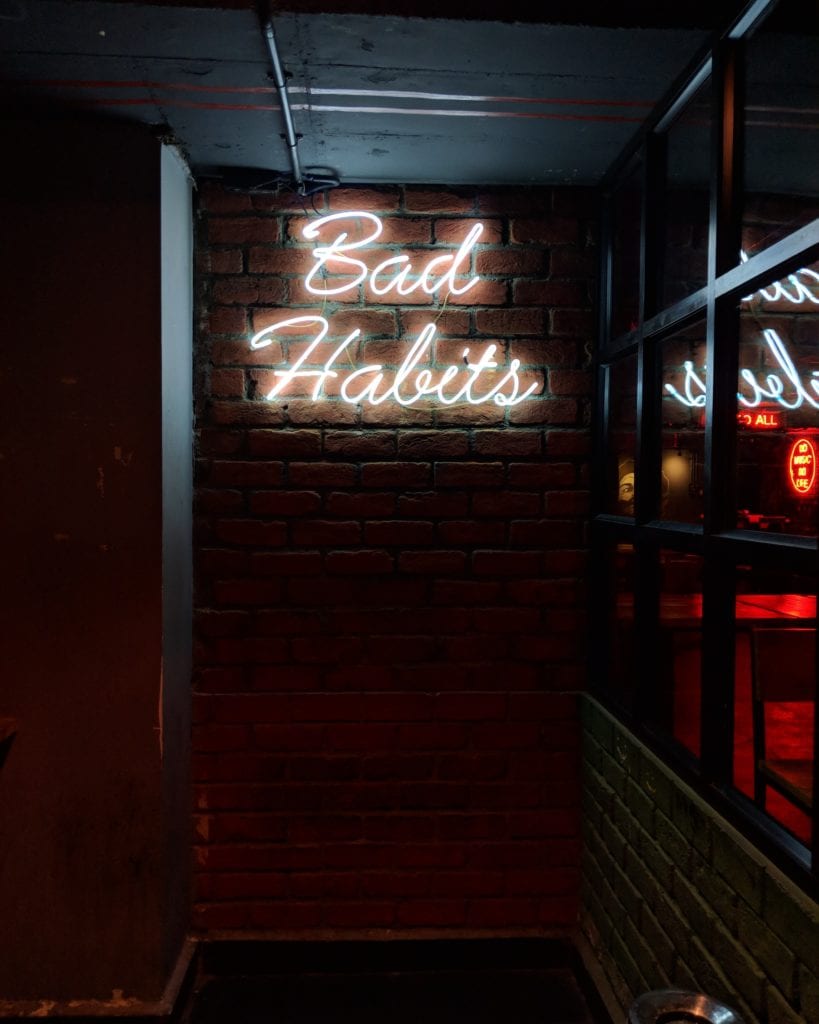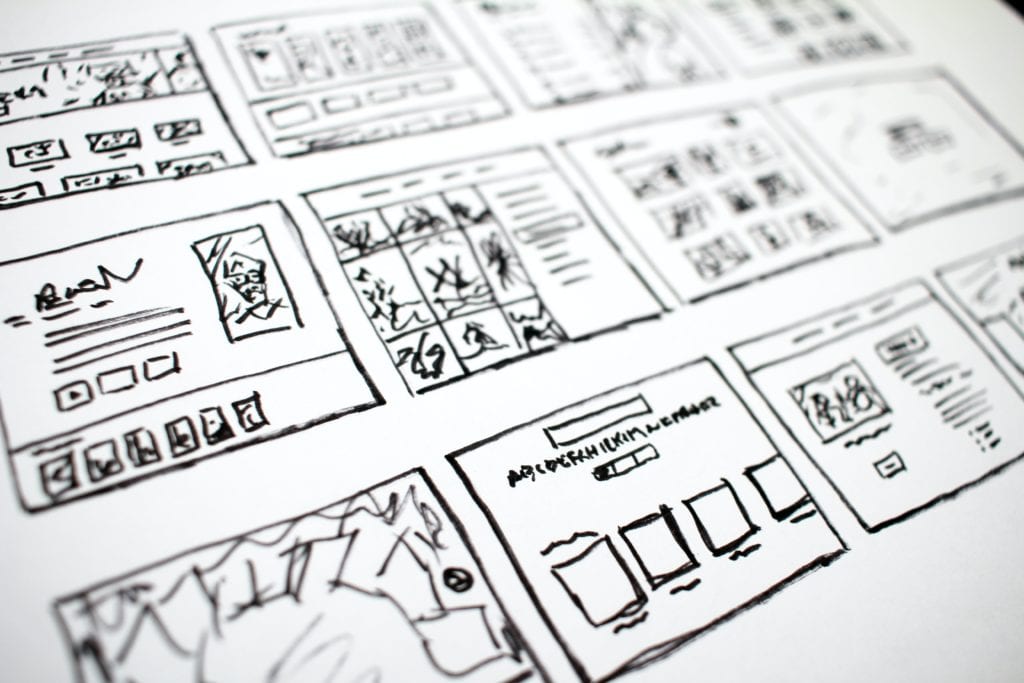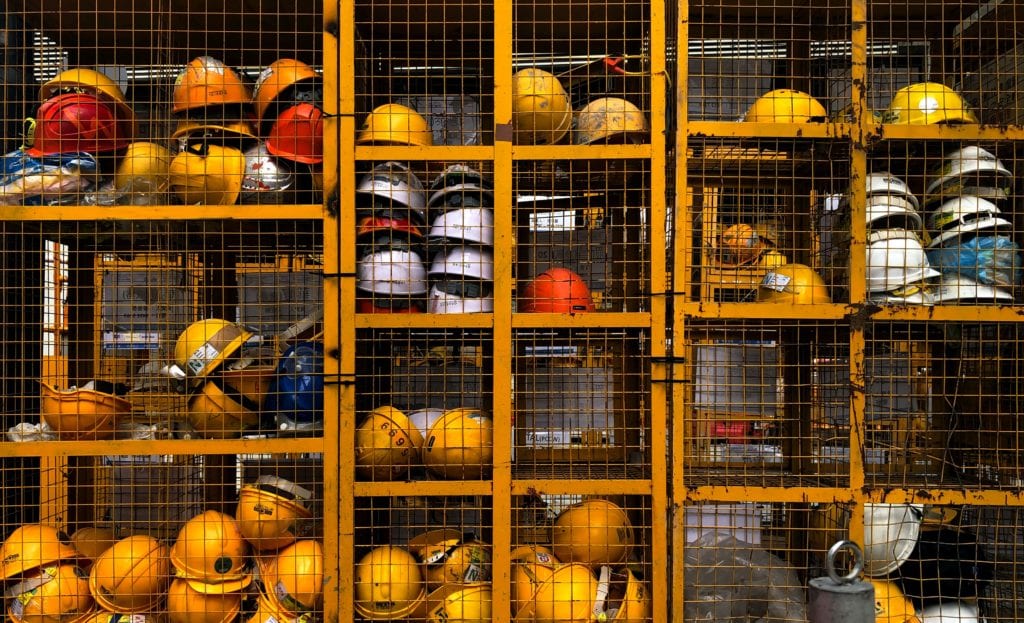
At H&H Construction and Renovation, we have plenty of experience in the remodeling industry. Unfortunately, some of that experience includes helping our clients fix mistakes previous contractors made.
Most of the time, these are mistakes easily avoided if those contractors knew of the 5 bad habits people in the remodeling industry need to quit.
We’re not claiming to be perfect or infallible. All contractors – ourselves included – are human, after all. And as a species, we’re all susceptible to bad habits.
Even as a client, it’s beneficial to know what these bad habits are. The ability to recognize them (and understand their likely consequences) can help you avoid potential disaster.
1. Lack of Proper Communication

This is an interesting one, as it can surface in many ways.
Perhaps the most common way is a lack of proper communication between the contractor and the client.
Whether you’re the person handling a client’s remodel design, organizing materials, or heading the actual construction work, ensuring you’re on the same page as your client is of the utmost importance.
After all, you’re providing a service for them. Remodeling projects are about helping your client’s dreams come true.
Yes, there are times when you need to pull the reins and help a client reconnect with reality. And yes, there are times when your superior knowledge will help you find better solutions – whether it’s in making a minor change to their proposed layout for enhanced functionality or even in using a more durable material that looks similar (or even better) than what they originally had in mind.
However, in these cases, you need to communicate your ideas and advice with your client. Sometimes they’ll agree and other times they’ll want to stick with their original ideas. The happiest outcome is finding a compromise that makes them happy and gives you confidence in the job.
Likewise, it’s just as important to have that same open communication with your team. Poor communication can lead to similar mini-disasters, for example with the wrong color paint being ordered or the wrong wall ripped down.
Worse, it can lead to serious safety issues.
So when it comes to communicating with your client, suppliers, and team members, be careful to ensure everyone is on the same page every step of the way.
2. Poor Planning

Poor planning is sort of an extension of bad communication, but it merits its own mention. After all, even if your communication is flawless every step of the way, poor planning can still get in the way of a happy, successful remodeling project.
Think of it this way: your client explains their goals and you agree on what the end result should look like. The rest of your team is brought up to date and knows what’s expected of them.
However, you don’t set up a proper schedule with the project’s objectives split into actionable milestones with a proposed deadline.
Nevertheless, you and your team have worked on many similar remodeling jobs together before, so you expect everyone to know what to do and when.
You also figure if an unexpected circumstance can get in the way of meeting a hard deadline, it’s better not to create false hopes by setting one in the first place.
This will only lead to pandemonium.
Perhaps you don’t get all the supplies and building materials you need on time. Or they get so scattered about the site that work flow is constantly being interrupted by searches and unnecessary delays.
Tasks that would otherwise take a relatively short time to complete suddenly take way too long, because there’s no clear objective.
Instead of allowing prior experience to make you complacent, make it a priority to define the project’s scope, set objectives and milestones, and establish a schedule based on your communication with the client. Then remember to track progress as part of your team communication – and keep the client updated!
3. Lack of Involvement

The third bad habit people in the remodeling industry need to quit is fostering a lack of involvement. And yes, this one stems from a lack of communication!
When you aren’t communicating with your clients, you’re excluding them from being involved in their own remodeling project.
Perhaps you’re not involving them in the planning process, which means they can’t help you figure out the best work flow – for example, whether a specific area of the house needs to be given priority so they can start using the space again ASAP.
This is incredibly unprofessional and inconveniences your client for no reason whatsoever. After all, they need to restructure their lives around the project and your schedule.
However, where a lack of involvement comes in the strongest is when you’re not communicating properly with your team. It’s very easy to get so caught up in your own tasks that you forget to be involved in what the rest of your team is doing.
This internal communication and involvement is a lot easier if you have proper planning in place (notice how all these bad habits are connected one way or another?).
When you’re all on the same page as to what everyone is supposed to be doing, it’s easier to make sure you’re meeting your objectives. It also makes it a lot easier to get involved by helping resolve any issues that crop up.
4. Overworking

A very common bad habit people in the remodeling industry (and many others) allow to creep in is overworking.
Naturally, overtime sometimes becomes necessary. There might be an unexpected delay in the day’s work flow or a task ends up taking longer than expected but needs to be completed before you can call it a day.
However, overtime should always be an exception, not the rule.
Spending too much time on the job can and will hurt your mental and physical health. And sooner or later, it will start having a negative impact on the quality of your work.
Plus, you have to bear in mind the project is taking place in your client’s home or place of business. The reason proper planning is necessary isn’t only to help you keep on track and meet deadlines – it’s so the inconvenience to your client is kept at a minimum as best as possible.
So of course, proper planning and communication is the best way to avoid overworking. Remember to establish set work hours, include breaks, delegate tasks effectively within your team, and avoid bringing work home with you as far as possible.
5. Neglecting to Ensure a Healthy, Safe, and Sanitary Work Environment

Remodeling projects can invite a lot of unhealthy, unsafe, and/or unsanitary work situations if you’re not careful. Some obvious examples include obstructed walkways, spills left uncleaned, and even things like construction dust and paint fumes.
It’s up to each individual team member to ensure their own work environment is as healthy, safe, and sanitary as possible.
Things like making sure to wear hardhats and gloves (not to mention masks and eye protection), keeping tools and materials neatly stored, and cleaning up after yourselves during the course of the day can make a world of difference.
But of course, it also helps to have someone on site – perhaps yourself or a specially designated health and safety manager if you deem it necessary – making sure everyone is living up to that responsibility. And once again, proper communication between team members goes a long way!
Conclusion
As mentioned in the introduction to this post, it’s only natural for bad habits to crop up from time to time. However, it’s vitally important you work at quitting those bad habits and putting systems in place to help minimize their resurfacing.
Not only will this give your clients greater confidence in your abilities, but it also helps keep team morale high. And a renovations team confident in themselves and their colleagues is a far more productive team than one where any of these 5 bad habits have taken over!
Yes, tackling these bad habits can take time. It might even require making some difficult decisions and swallowing your pride if your team needs to call you out when you start displaying these habits.
However, it’s absolutely worth it. Not just in terms of productivity and morale – but also by making you and your team less prone to making costly mistakes!
Contact us today and get started!
